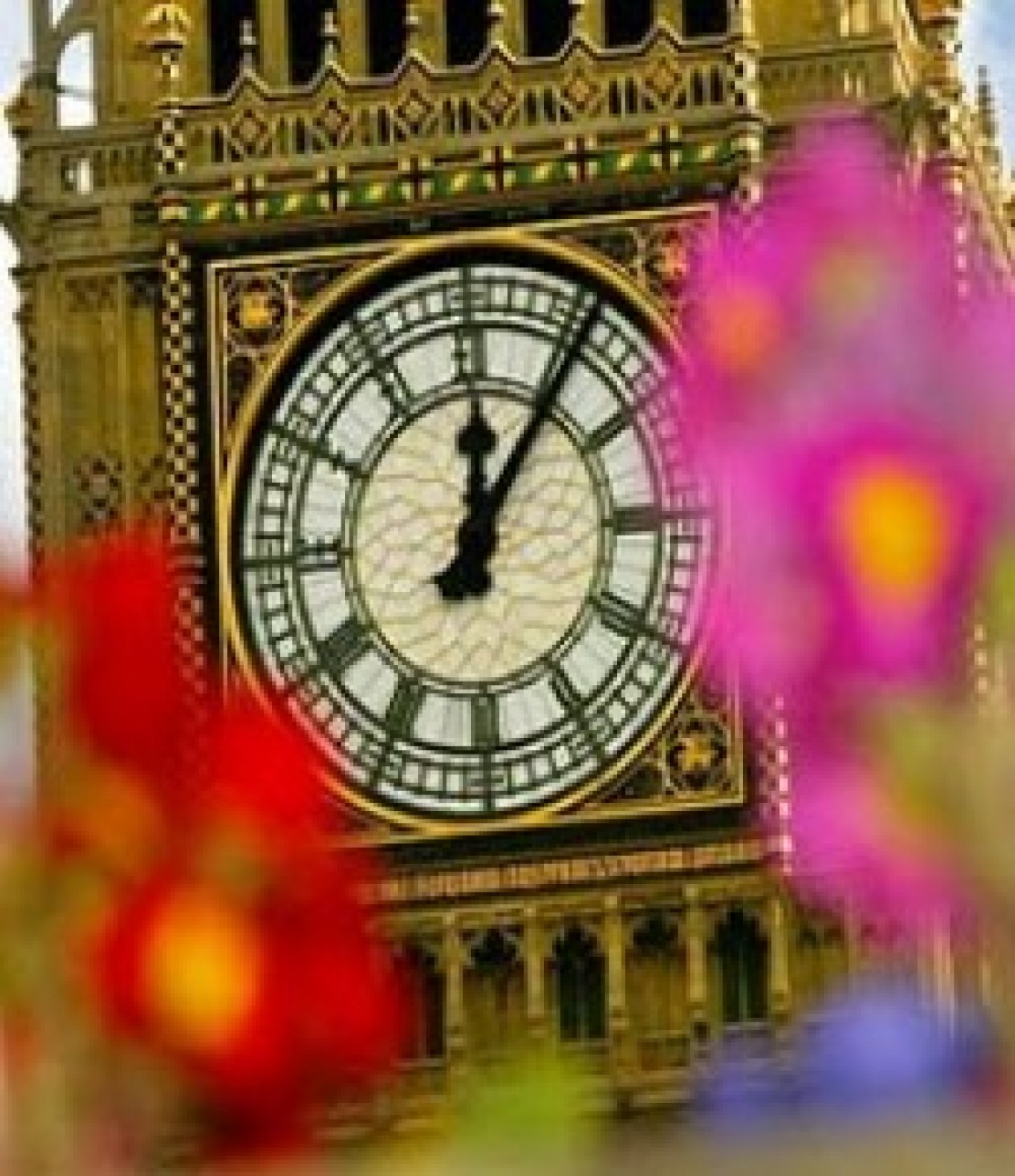



What are Irregular Plurals?
English grammar generally pluralizes a word by tacking -s or -es onto the end of it, but there are plenty of words that buck this; some noun plurals look extremely different from the singular.
Latin and Greek Origins
Irregular plurals of noun difficulties can be partly blamed on English’s habit of importing from other languages. Two that are extensively borrowed from are Latin and Greek. Here are some words of Latin or Greek origin with their strange plurals (some have additional plurals, but these are the most irregular). You may recognize some by the plural rather than the singular, such as “algae” and “bacteria.”
Phenomenon, phenomena
Focus, foci
Bacterium, bacteria
Cactus, cacti
Fungus, fungi
Medium, media
Stimulus, stimuli
Larva, larvae
Nucleus, nuclei
Hippopotamus, hippopotami
Vertebra, vertebrae
Alga, algae
Radius, radii
As always, when unsure, grab a dictionary. For a word that offers more than one choice for its plural, pick one and stick to it for consistency.
-ies
When words end in a consonant and a -y, such as pony and city, plurals remove the -y and add -ies.
Family, families
Lady, ladies
Copy, copies
Canary, canaries
Penny, pennies
Cherry, cherries
Poppy, poppies
Pony, ponies
Baby, babies
Spy, spies
Party, parties
Try, tries
City, cities
-Ves
Nouns ending in -f (and -f with a silent -e) lose their -f (-fe) and gain -ves.
Calf, calves
Life, lives
Leaf, leaves
Elf, elves
Dwarf, dwarves
Knife, knives
Wife, wives
Hoof, hooves
Wolf, wolves
Beef, beeves
Roof, rooves
Thief, thieves
Half, halves
Loaf, loaves
Identical Plurals
This finicky language even has some words that are identical in plural and singular forms. These unchanging nouns come in all shapes and sizes, with various reasons for their nature and various names for their types, but the aspect that lumps them together is that none change in their simplest plural form.
Sheep
Offspring
Trout
Moose
Shrimp
Deer
Gold, silver, etc.
Salmon
Wheat
Fish
Bison
Nouns that end with -ese do not generally change:
Chinese
Viennese
Japanese
Lebanese
Portuguese
Vietnamese
Maltese
Other nouns are already plural in their singular form:
Glasses: folks wear “a pair of glasses,” though a man could once wear only one.
Scissors: “Do not run with a pair of scissors.”
Pants/shorts: again, a “pair” of pants/shorts. One must wonder what a singular pant would look like.
-En and Vowel Swaps
Some plurals add -en to the end and some change the vowels in the center of the word. There are also variations.
Man, men
Ox, oxen
Woman, women
Child, children
Foot, feet
Goose, geese
Tooth, teeth
Compound Nouns
In hyphenated or spaced compound nouns, pluralize the root noun instead of the entire word.
Mothers-in-law
Runners-up
Attorneys at law
New Word
Sometimes, the noun is almost unrecognizable in its plural form.
Person, people
Mouse, mice
Die, dice
Louse, lice
– See more at: http://www.grammar.net/plurals#sthash.0qMJFuqM.dpuf
http://www.englishexercises.org/makeagame/viewgame.asp?id=3171
http://mbonillo.xavierre.com/exercises/eso1/1eso2007/plural1.htm
http://www.montsemorales.com/gramatica/PluralSpot1-6.htm
http://www.manythings.org/wbg/irr-plurals1-jw.html
http://eslgamesworld.com/members/games/ClassroomGames/Billionaire/Plurals%20B…








Very nice
LikeLiked by 1 person